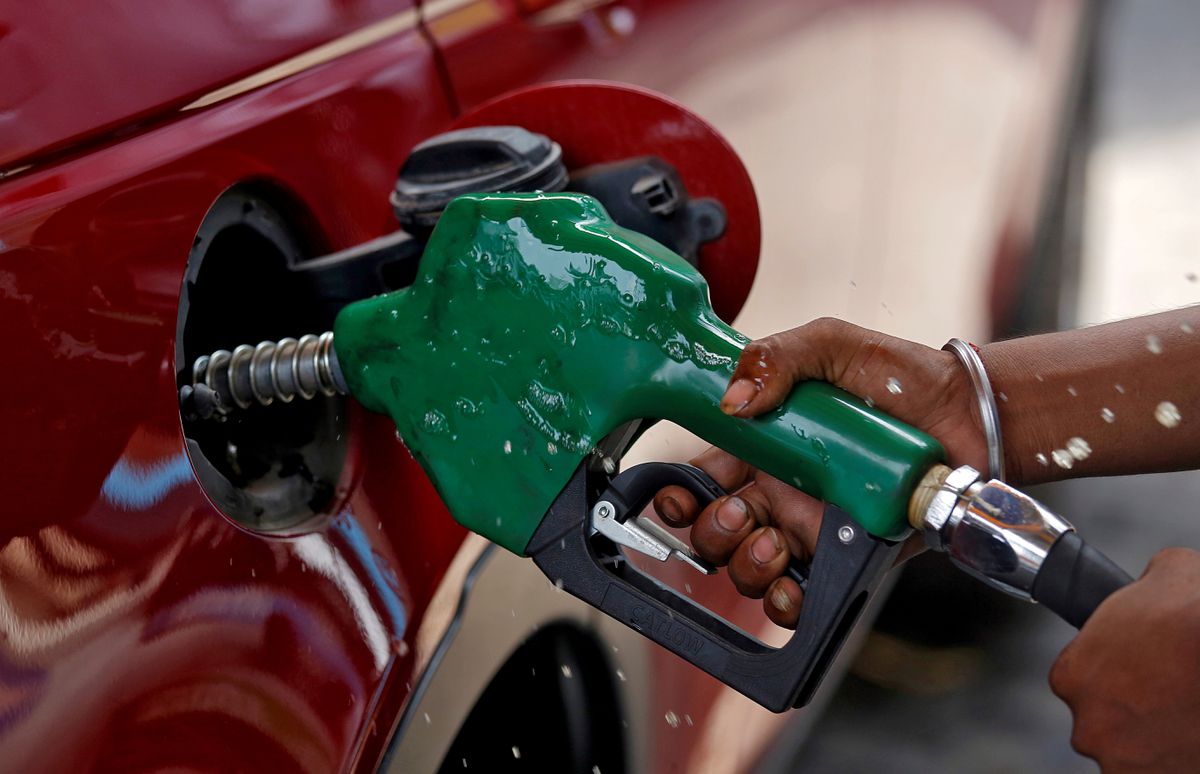

fetching latest news
News tagged in:

Shanghai launches two-stage lockdown as COVID-19 cases surge OPEC+ to meet on Thursday Russia-Ukraine peace talks could start on Tuesday - Kremlin More emergency releases of U.S. reserves expected
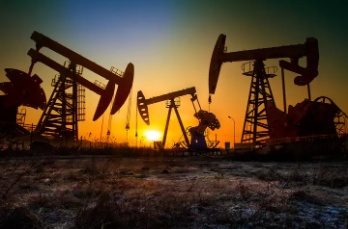
The market for moving oil across the world’s oceans is currently so bad that owners of the industry’s biggest supertankers are actually subsidizing the delivery of cargoes.We are probably never going to experience a demand increase similar to what we are likely to see over the next nine months for tankers,” said Eirik Haavaldsen, a shipping analyst at Pareto Securities AS in Oslo

"The recent breakthrough on a Covid-19 vaccine is a hope for the swift recovery of global energy demand next year. HSBC Bank analyst Gordon Gray recently stated-"The recent news around Covid-19 vaccines has boosted crude prices as markets start to look to a return to some sort of normality in 2021, also we expect OPEC+ to err on the side of caution as it evaluates how the market evolves.”

OPEC+ might decide to postpone a 2 million barrel-a-day production increase which was scheduled for January. The final decision for the same won't be made until the complete wrap-up of the OPEC+ meeting, scheduled from Nov 30 to Dec 1. While addressing the conference Prince Abdulaziz said - "Vaccine development was good news but was counterbalanced by a surge in cases in the second wave of infections and there is still a long way to go".
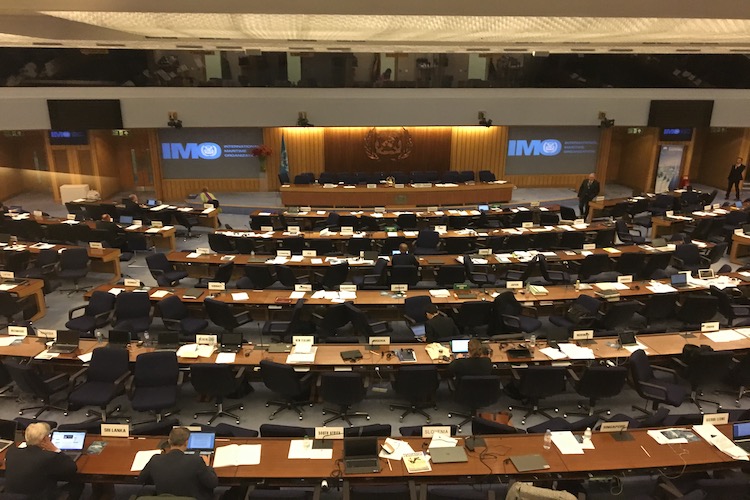
The OTC organizers have announced that the Offshore Technology Conference 2021 will be postponed from its traditional time run, as Covid-19 is still creating challenges for mass meets. The new virtual submits will shift for the second half of the year 2021. The plan for the same will soon be shared with all the participants to ensure that everyone is able to meet and exchange their ideas despite these unprecedented circumstances.

Petronas announced to become a net-zero emitter of greenhouse gases by 2050. The Malaysian giant said it will increase its effort to reduce the emission of Scope-1 and Scope-2 greenhouse gases in the upcoming years. Earlier this year, Petronas stated that they were already looking to expand its renewable energy portfolio. The dampened demand and low oil prices due to covid-19 made the statement more firm.

Oil prices remained mixed in the international market on Friday, after Libyan commander Khalifa Haftar announced the Libyan oil exports blockade would be lifted for one month. Brent crude slipped 17 cents to $43.13. US WTI gained 6 cents to $41.03. The benchmarks are still on track for weekly gains after Hurricane Sally cut U.S. production, Saudi Arabia pressed for adherence to production quotas and banks predicted a supply deficit.
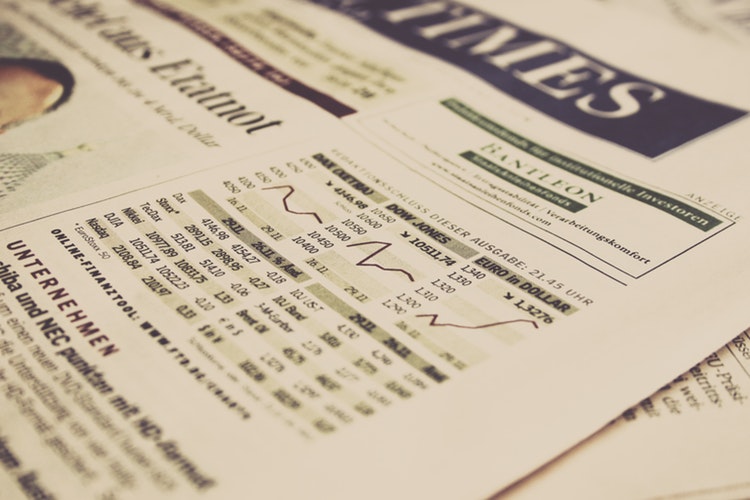
Oil prices rose on Wednesday. Brent crude rose 77 cents, to $41.30 a barrel, while U.S. WTI crude added 85 cents, to $39.13. Both contracts rose by more than 2% as 2%, as a hurricane closed U.S. offshore oil and gas production and U.S. crude inventories decreased. The storm-related shutdowns may help reduce stockpiles although refineries were also closed, cutting demand.
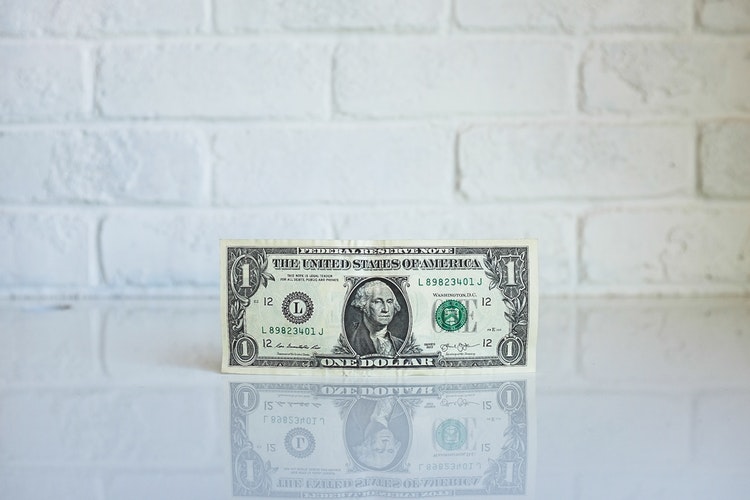
Oil prices edged lower on Tuesday. Brent crude was down 4 cents, at $39.57 a barrel, while U.S. WTI crude was down 2 cents, at $37.24 a barrel. Prices were affected amid worries over a slow recovery in global fuel demand and rising coronavirus cases across the globe. World oil demand is expected to tumble by 9.46 million barrels per day this year.
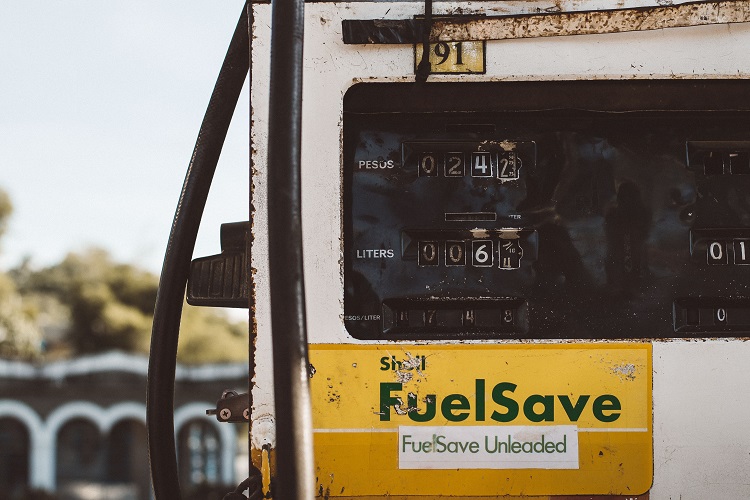
Oil prices were steady on Friday. Brent crude was down 2 cents, at $40.04, while U.S. WTI crude was up 12 cents, to $37.42 a barrel. Prices were on track for a second weekly fall after U.S. stock markets tumbled. In the US, stockpiles rose last week, against expectations, as refineries slowly returned to operations after production sites were shut down due to storms in the Gulf of Mexico.
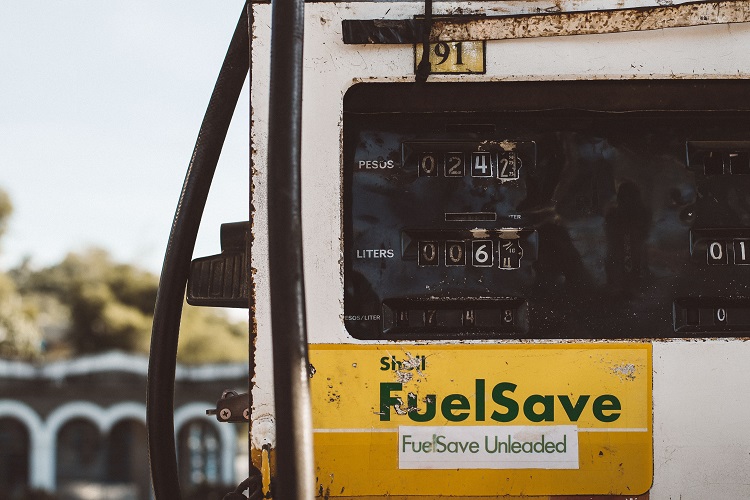
Oil prices fell on Wednesday. Brent crude was down 19 cents, at $39.59 a barrel. U.S. WTI crude was down 24 cents, at $36.52 a barrel. Crude oil slipped below $40-mark for the first time since June. Prices remain affected as the global health crisis continues to flare unabated with coronavirus cases rising in India, Great Britain, Spain and several parts of the United States.
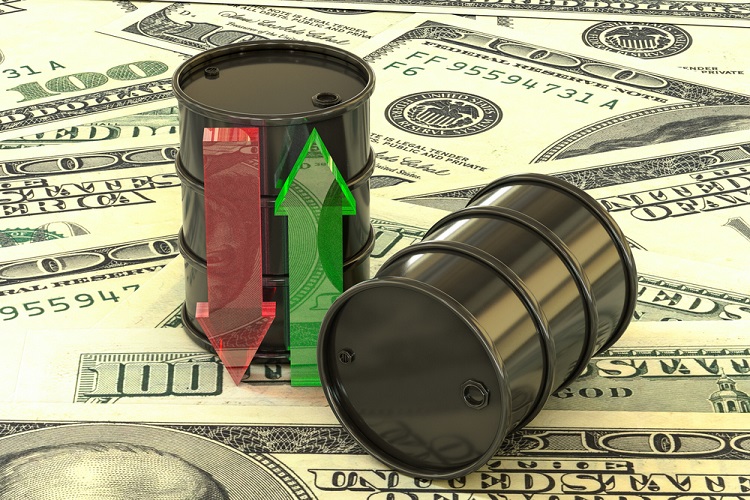
Oil prices fell on Tuesday. Brent crude eased nearly 0.2%, to $41.93 a barrel. U.S. WTI crude 1.9%, to $39.01 per barrel. Prices slipped amid concerns about fuel demand and rising COVID-19 cases. Weighing on the market is the upcoming maintenance seasons for U.S. refineries, which could cut crude demand by 1.5 million to 2 million barrels per day
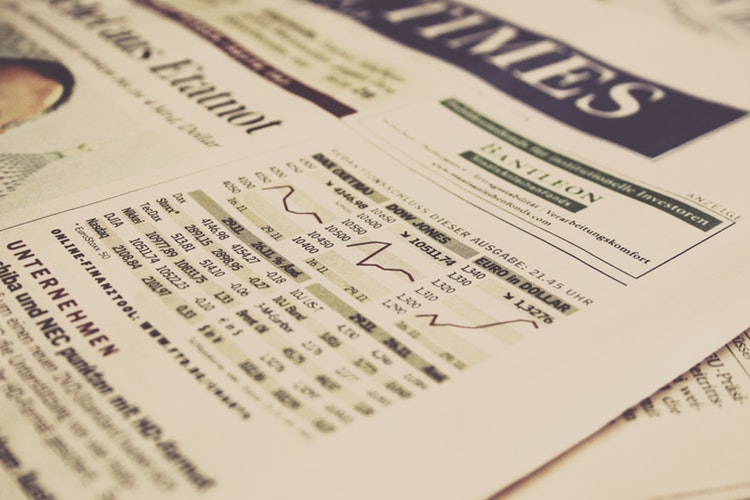
Oil prices fell on Monday. Brent crude was at $42.04 a barrel, down 62 cents, the lowest since July 30. U.S. WTI crude skidded 63 cents, to $39.14 a barrel, the lowest since July 10. The prices fell as Saudi Arabia made the deepest monthly price cuts for supply to Asia in five months and uncertainty over China’s oil demand cloud the oil market’s recovery.
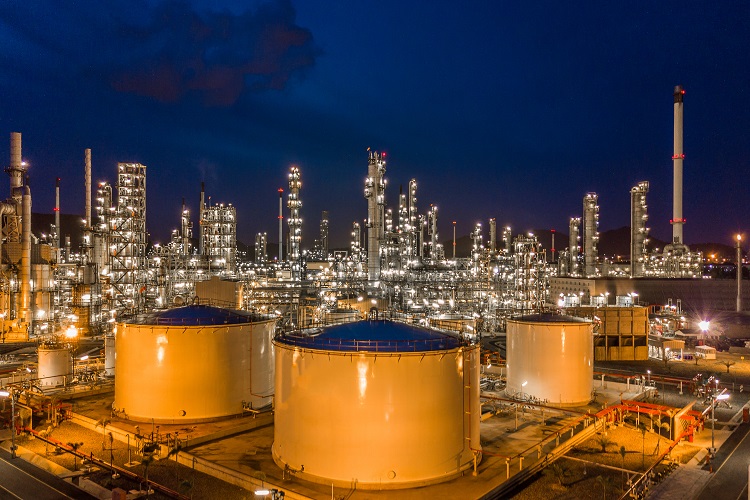
Chinese state-run Sinopec on Sunday posted its first half-year net loss on record amid weak fuel demand due to the global pandemic. It made a net loss of 21.725 billion yuan ($3.17 billion) for the first six months of 2020, compared to a 32.206 billion yuan profit a year earlier. First-half revenue fell 31% from a year earlier to 1.03 trillion yuan.
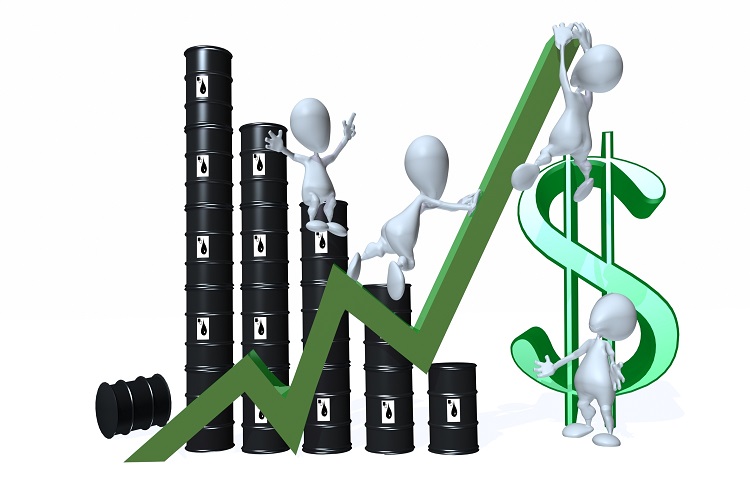
Oil prices rose on Monday, Brent crude was up 46 cents at $46.27 a barrel. U.S. WTI crude was at $43.25 a barrel, up 28 cents. Prices hit highest in five months by a 30% cut in Abu Dhabi crude supplies and encouraging Chinese data even as global demand struggles to return to pre-COVID levels. Higher oil and gas prices are also encouraging producers to resume drilling.

Crude oil prices were mixed on Tuesday. Brent crude oil added 14 cents to $45.27 a barrel, while U.S. WTI crude was down 4 cents, at $42.58 a barrel. The prices were so as Energy companies moved to massive production cuts in the U.S. Gulf Coast from Tropical Storms Marco and Laura against rising coronavirus cases in Asia and Europe.

Crude oil prices rose on Monday. Brent crude was up 32 cents, at $44.67 a barrel. U.S. WTI crude rose 31 cents, $42.65 a barrel. Prices rose as storms closed in on the Gulf of Mexico, shutting more than 50% of its oil production. Prices were also supported by the fact that the experimental COVID-19 vaccine being developed by AstraZeneca and Oxford University.
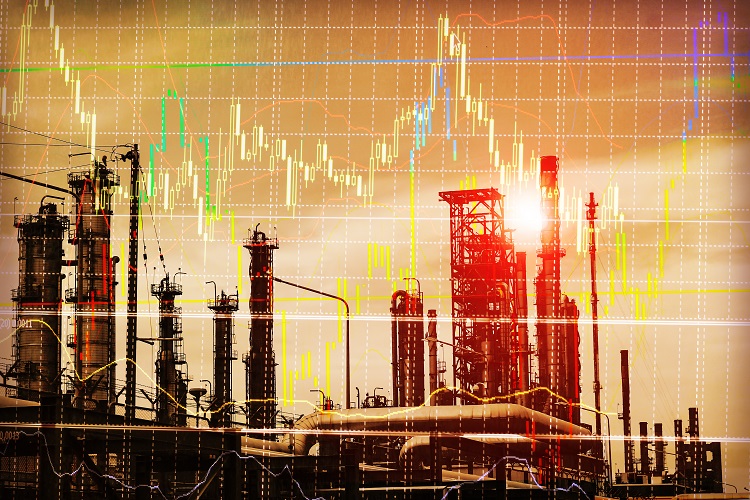
Saudi Aramco has suspended a deal to build a $10 billion refining and petrochemicals complex in China. Aramco decided to stop investing in the facility in China’s Northeastern province of Liaoning after negotiations with its Chinese partners and Aramco declined to comment on it. The uncertain market scenario could be behind the decision. The joint venture was signed when Prince Mohammed bin Salman was in Beijing in February last year.